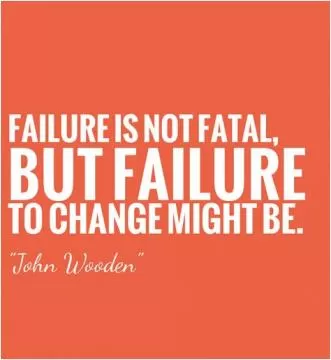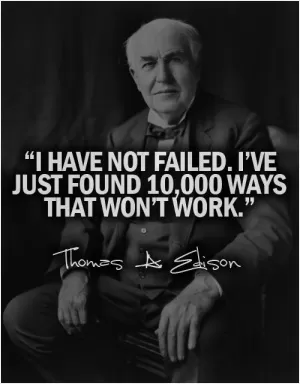If you fail to plan you plan to fail

If you fail to plan you plan to fail
The saying "if you fail to plan, you plan to fail" holds true in many aspects of life, including when it comes to the words we use. Words have the power to build up or tear down, to inspire or discourage, to create connections or drive people away. Failing to plan the words we use can lead to misunderstandings, hurt feelings, and damaged relationships.When we speak without thinking or planning our words, we run the risk of saying things that we don't mean or that can be hurtful to others. This can lead to misunderstandings and conflicts that could have been avoided with a little forethought. Planning our words means taking the time to consider the impact they will have on others and choosing them carefully to convey our message effectively and respectfully.
In the context of "fail words," failing to plan the words we use can result in communication breakdowns, missed opportunities, and damaged reputations. For example, using negative or critical language without considering the consequences can alienate others and create a hostile environment. On the other hand, planning our words to be positive, encouraging, and supportive can build trust, foster collaboration, and strengthen relationships.
In professional settings, failing to plan the words we use can have serious consequences. Whether it's in a job interview, a presentation, or a meeting with colleagues, the words we choose can make or break our success. Planning our words in advance can help us communicate our ideas clearly, confidently, and persuasively, increasing our chances of achieving our goals and advancing our careers.
In personal relationships, failing to plan the words we use can lead to misunderstandings, arguments, and hurt feelings. Taking the time to think before we speak, considering the impact of our words on others, and choosing them carefully can help us communicate effectively, resolve conflicts, and strengthen our connections with others.












 Friendship Quotes
Friendship Quotes Love Quotes
Love Quotes Life Quotes
Life Quotes Funny Quotes
Funny Quotes Motivational Quotes
Motivational Quotes Inspirational Quotes
Inspirational Quotes